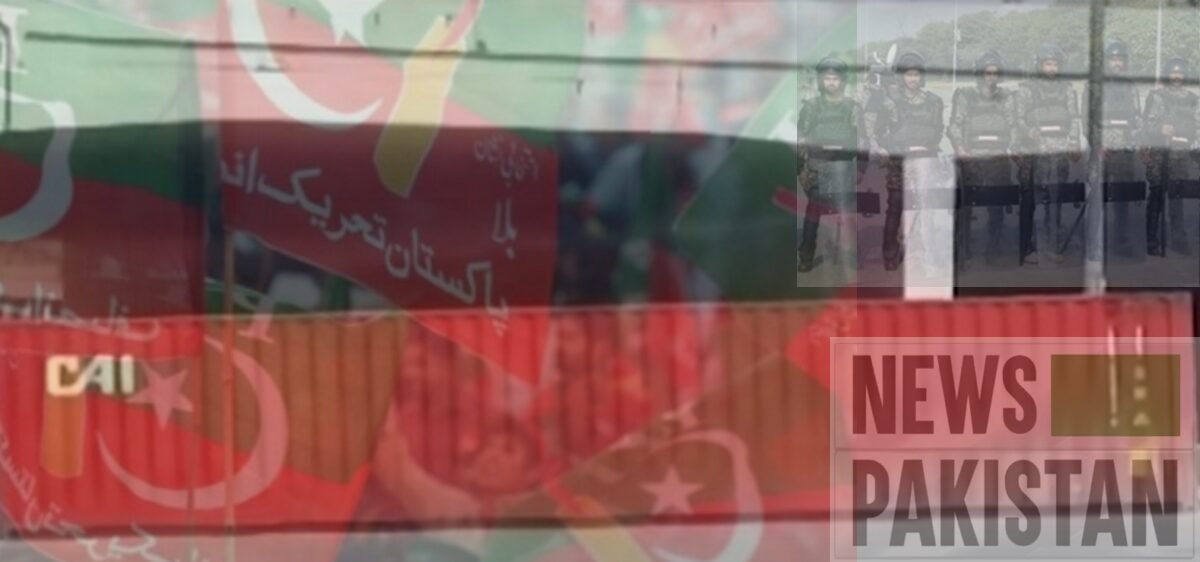KARACHI: The Karachi Urban Lab (KUL) held a panel discussion titled, Sustainable Urban Transport and Mobility in Urban Pakistan at the Institute of Business Administration (IBA) Main (City) Campus.
The discussion focused on assessing current projects and future potential for transportation in Pakistan. The event was moderated by Director of the Karachi Urban Lab and Professor of City and Regional Planning IBA Karachi, Dr. Nausheen H. Anwar.
Executive Member of Shehri-Citizens for a Better Environment, Farhan Anwar gave a presentation about the need to design cities around sustainable methods of transportation such as public transit and walking or cycling. Mr. Anwar critiqued the model of transportation planning that focused on personal vehicles and stressed the need for transit-oriented development (TOD) in Karachi.
Moreover, Director Transportation Engineering Department, Exponent Engineers Private Limited, Ashar Lodi shared insights and proposals on public transit in Karachi, specifically the ongoing bus rapid transit (BRT) projects. He presented his ambitious imagining of BRT as an accessible, effective, and cost-efficient way of transforming public transit and mobility in Karachi.
Associate Professor in the School of People, Environment and Planning, Massey University, New Zealand, Dr. Imran Muhammad spoke about his research in Curitiba, Brazil, where the BRT system largely remains a success story and model for sustainable transport projects in the Global South.
The discussion ended with a Q&A session, led by Dr. Anwar, where the discussants talked about gender inclusivity, data collection, and the role of international institutions.
A relevant piece published earlier:
Impacts of climate change on security discussed at IBA
KARACHI: The Karachi Urban Lab, a research organization based at IBA here led by Professor of City and Regional Planning Dr. Nausheen H. Anwar, hosted an event as part of the French and German Embassies’ joint lecture program Open Doors.
Christine Rosenberger from the German Embassy, Islamabad joined Dr. Anwar in introducing the panel discussion, titled Climate Crisis Seminar, which is the first event of this series.
Dr. Nausheen H. Anwar spoke from the perspective of an urbanist situated in Karachi, who studies not just Karachi but also other cities across Pakistan and the Global South. She asked about the role of the city in the climate crisis, especially considering the ambiguities and complexities of the impacts.
She pointed out how the government had developed and implemented policies that are actually antithetical to the change that must be undertaken. In particular, Dr. Anwar highlighted how structural inequality compounds the impacts of the climate crisis, and how the present understanding of “resilience” is not adequately taking this into account.
Executive member Shehri-CBE Farhan Anwar, highlighted the numerous climate change challenges faced by Karachi and Pakistan. Pakistan is ranked 8th in terms of countries most impacted by climate change and Karachi faces significant challenges such as extreme heat, sea level rise, and flooding. In light of these challenges, Anwar argues that Karachi must undertake more effective climate change adaptability measures.
Adrien Detges and Bastien Alex joined the two speakers on stage for the panel moderated by Afia Salam, a journalist and geographer. Detges spoke about his work with Adelphi in Berlin, an organization that researches climate change, security, and development. He spoke about Adelphi’s compound climate-fragility risks framework, which accounts for how climate change is a risk-multiplier for factors such as state fragility, social unrest, and migration.
Alex, who works for the French Institute for International and Strategic Affairs, spoke about the importance of working with the military with regard to climate change’s impacts on security. The military, he claimed, plays an important role in disaster management. Both Detges and Alex spoke about the importance of awareness at the institutional level about the impacts of climate change on security.
News Pakistan










